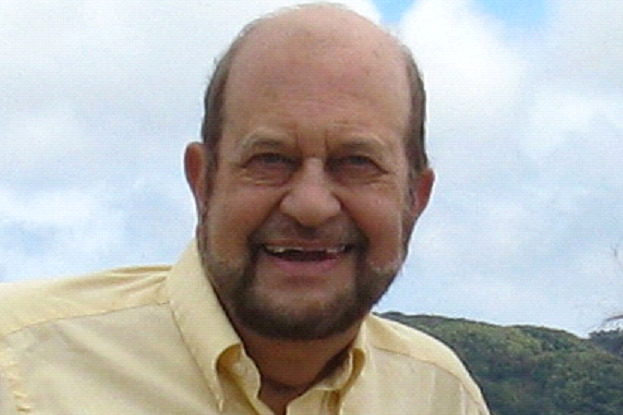Ask almost any police chiefs the reasons behind the last year’s rash of well orchestrated “smash-and-grab” robberies around California, and chances are they’ll say it’s largely because of the state’s 2014 Proposition 47.
Related Articles
Elias: Budget too tight this year for cash reparations to Black Californians
Elias: California tenants surprisingly faring best in the pricey Bay Area
Elias: California voters, not Biden, caused state’s inflation problems
Most would cite a need to change or reverse Prop. 47’s increase to $950 in the minimum theft value considered a felony or at least suggest a lower limit. That “solution” ignores the reality that police don’t like dealing with the trivial, though.
Set the limit too low, and large numbers of shoplifters could get off scot-free, with not even a misdemeanor conviction because many police departments won’t fool around with “minor” crimes. This could create an even larger cadre of thieves than now plagues California stores of many types.
At last sound thinking on how to fix Prop. 47’s flaws has arrived, though. It comes from California legislators, Gov. Gavin Newsom and the sponsors of a new initiative that seems sure to qualify for the fall ballot.
So how can their useful ideas be sped into law? The answer is for the business and consumer leaders behind the initiative to deal with Newsom and the Legislature soon, then have Sacramento make laws of what they all agree on. This is possible under a little-used decade-old law letting initiative sponsors pull their measures from the ballot if they reach agreements with lawmakers.
Here’s where things stand: Newsom notes that many other states have far higher felony-theft thresholds than Prop. 47’s $950. Most of them prosecute repeat offenders as felons, though. Texas, for one, has a $2,500 threshold.
So Newsom proposes not lowering the felony theft standard, set partly to spare police from dealing with mere nuisances and to avoid piling criminal records onto desperately poor persons driven to steal for survival. Newsom instead wants to let addition solve the problem and cut repeat thievery.
“We can do it without (changing) Prop. 47,” he said in a budget message. “I want people to know the (current level of theft) is unacceptable. Folks need to be held to account.”
His idea: When thieves whose take is below $950 are caught, record how much they stole before releasing them. If they steal again, add the amounts. When they reach a new threshold level (Newsom suggests $2,500), it becomes a felony.
The ballot measure approaches this slightly differently, allowing felony prosecution for low-value theft if the perpetrator has two prior drug or theft convictions. California could use both tactics. Some state legislators also favor restraining orders on low-value thieves, thus increasing penalties for repeat offenders.
All these tactics make sense, and California can have them all. Rivalry among interests wanting to solve the same problem is unnecessary.
Almost unbelievably, coming up with potential changes like these has taken 10 years. Why not aggregate what thieves take, rather than letting them shoplift $949 in goods as often as they like without becoming felons? Targeting repeat offenders is also sensible.
Plus, Newsom called for expanded criminal penalties on those profiting from retail theft and auto burglaries. The state has already begun cracking down on Internet sites where stolen goods are fenced and in 2023 spent more than $250 million to increase arrests for organized smash-and-grab raids. Dozens of thieves have been caught.
Kevin McCarty, a Sacramento mayoral candidate who chairs the state Assembly’s public safety committee, has said he likes Newsom’s ideas but made no promises about specifics that his committee might advance.
It’s up to voters to let their elected officials know this kind of ho-hum, it-can-wait attitude won’t do when myriad stores including prominent brands from Nordstrom to Walgreens to 99 Cents Only have closed partly because of thievery.
The sooner legislators and initiative sponsors meet and consolidate their ideas, the sooner they can become law. Sponsors could then take the proposed measure off the ballot, letting new laws put most of the currently proposed changes into effect sooner. That’s the quickest way to clean up what voters passed in 2014.
One thing is for sure: Something serious has to change, or the rash of smash-and-grabs will not stop. No merchant or store will feel safe again until it does.
Email Thomas Elias at tdelias@aol.com, and read more of his columns online at californiafocus.net.












